In today’s highly competitive marketplace, understanding consumer behavior is crucial for businesses looking to succeed. Consumer behavior refers to the study of how individuals make decisions and take actions related to purchasing products or services.
It encompasses various psychological, social, and environmental factors that influence a consumer’s buying choices. This article will delve into the key factors that influence consumer behavior and shed light on their significance for businesses.
Factors Influencing Consumer Behavior
1. Cultural Factors
Culture plays a significant role in shaping consumer behavior. It encompasses the values, beliefs, customs, and behaviors shared by a particular group of people.
Cultural factors influence consumers’ preferences, needs, and buying habits. For instance, cultural differences between countries can lead to variations in product preferences and consumption patterns.
2. Social Factors
People are inherently social beings, and their behavior is heavily influenced by their interactions with others. Social factors, such as family, friends, reference groups, and social media, have a profound impact on consumer behavior.
Consumers often seek approval and validation from their social circles, leading them to make purchasing decisions based on the opinions and recommendations of others.
3. Psychological Factors
Psychological factors delve into the individual’s mindset and internal processes that affect consumer behavior. Key psychological factors include perception, motivation, learning, beliefs, attitudes, and personality traits.
These factors shape how consumers perceive products, evaluate alternatives, and make purchase decisions.
READ THIS : Consumer Profiling Can Help You Elevate Your Business in 5 Ways
4. Personal Factors
Personal factors encompass the unique characteristics of individuals that influence their buying behavior. These factors include age, gender, income, occupation, lifestyle, and life stage.
Different life stages and personal circumstances can lead to varying preferences and consumption habits. For example, a young single professional may have different needs and preferences compared to a married individual with children.
5. Economic Factors
Economic factors have a significant impact on consumer behavior, especially in terms of purchasing power and spending patterns. Factors such as income levels, employment rates, inflation, and economic stability influence consumers’ ability and willingness to spend. Economic downturns can lead to reduced consumer spending, while prosperous times can stimulate increased buying activity.
6. Marketing and Advertising
Marketing and advertising strategies employed by businesses play a crucial role in influencing consumer behavior. Effective marketing campaigns can create awareness, generate interest, and persuade consumers to purchase a particular product or service. Marketers utilize various techniques such as emotional appeals, endorsements, and persuasive messages to influence consumer behavior.

Kentrix equips businesses with the tools necessary to make data-driven decisions, uncover valuable insights, and thrive in today’s fiercely competitive market. CLICK HERE to Know More
FAQs about Factors Influencing Consumer Behavior
FAQ 1: How does culture influence consumer behavior?
Culture shapes consumers’ values, beliefs, and preferences, which in turn impact their buying behavior. It influences the products people consume, their preferred communication styles, and their response to marketing messages.
FAQ 2: Do social media platforms affect consumer behavior?
Yes, social media platforms have a significant impact on consumer behavior. They provide a platform for consumers to seek product recommendations, read reviews, and engage with brands directly. Social media influences consumer perception, decision-making, and purchasing behavior.
FAQ 3: How do psychological factors influence consumer behavior?
Psychological factors such as perception, motivation, and learning influence how consumers perceive products, form preferences, and make purchase decisions. Understanding these factors helps businesses tailor their marketing efforts to resonate with consumers’ psychological needs and desires.
How Segura helps reduce payment defaults through its advanced customer risk identification
FAQ 4: What role do personal factors play in consumer behavior?
Personal factors such as age, income, and lifestyle influence consumers’ needs, preferences, and consumption patterns. Businesses must understand these personal factors to segment their target market effectively and deliver tailored marketing messages.
FAQ 5: How do economic factors impact consumer behavior?
Economic factors, such as income levels and economic stability, influence consumers’ purchasing power and willingness to spend. During economic downturns, consumers tend to cut back on non-essential purchases, while during prosperous times, they may engage in discretionary spending.
FAQ 6: How can marketing strategies influence consumer behavior?
Marketing strategies can influence consumer behavior by creating awareness, generating interest, and persuading consumers to purchase. Effective marketing campaigns leverage consumer insights to deliver targeted messages, build brand loyalty, and drive sales.
Conclusion
Understanding the factors that influence consumer behavior is vital for businesses aiming to thrive in the competitive marketplace. By considering cultural, social, psychological, personal, economic, and marketing-related factors, businesses can develop effective strategies to engage and persuade their target consumers.
By catering to consumer needs and preferences, businesses can build lasting relationships and drive success.
Read More,
Harnessing the Power of a Customer Segmentation Dashboard for Business Growth


